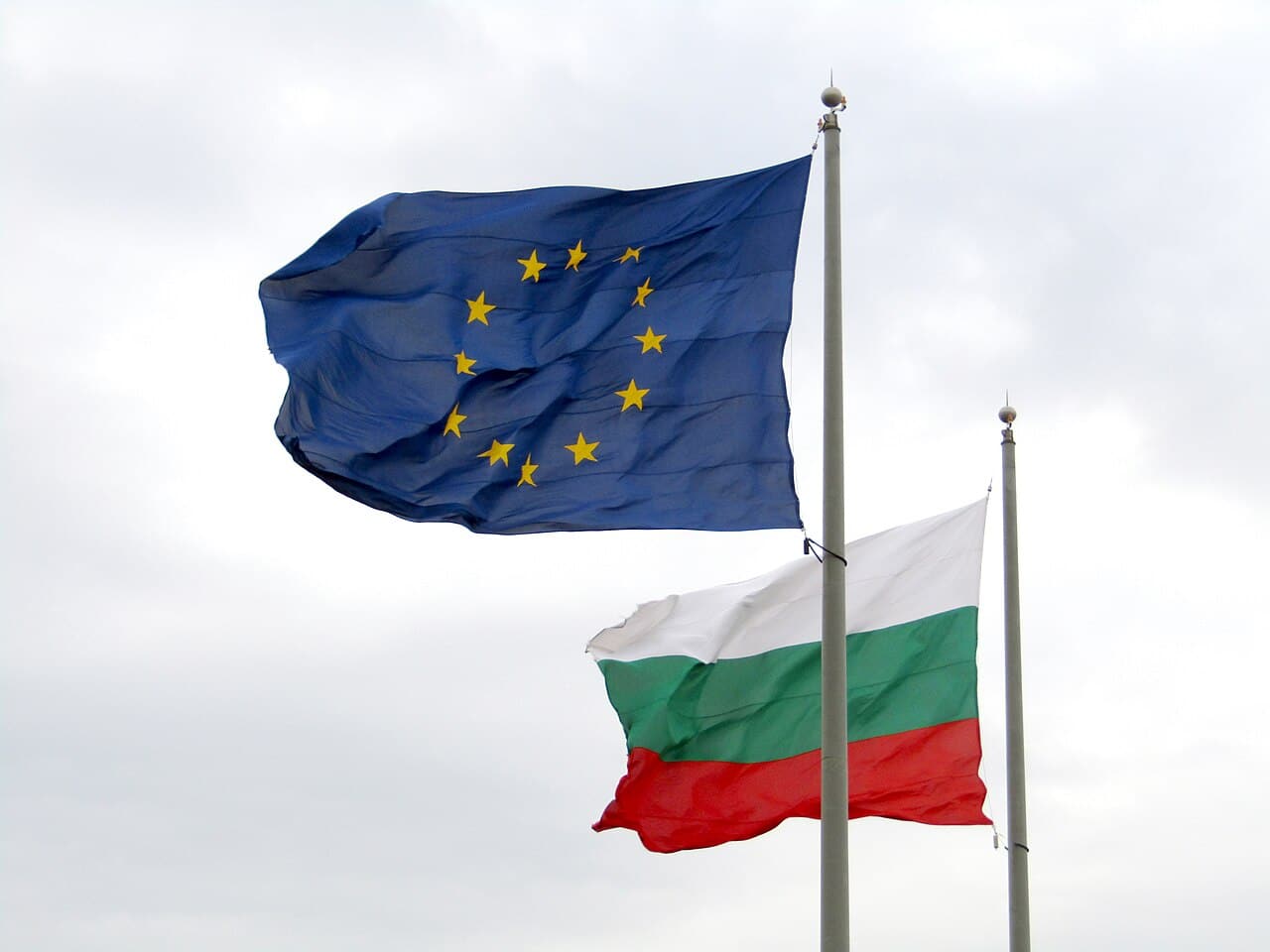

The European Commission has approved Bulgaria’s entry into the Eurozone, clearing the way for the country to adopt the euro and enter the Eurozone in 2026. Bulgaria will become the 21st member of the single-currency group in July, should euro area finance ministers formally approve.
Prime Minister Rosen Zhelyazkov called the decision a major step forward, highlighting years of financial discipline and policy reforms. “The introduction of the euro will improve economic stability and create stronger fundamentals for investments and economic growth,” Zhelyazkov told the Financial Times.
The European Central Bank and the Commission confirmed on Wednesday that Bulgaria had met all the requirements to adopt the euro as of Jan. 1. The move follows a long and at times turbulent path marked by political instability and economic setbacks.
Bulgaria’s progress had been delayed in previous years by high inflation and frequently changing governments. The country has held seven national elections since 2021, embroiling it in a cycle of short-lived administrations and uncertainty around key policy goals. In 2024, Bulgaria failed to meet the inflation target required for Eurozone entry, pushing back its adoption timeline.
This year, the country reached the final benchmark. Inflation fell to 3.5% in April, allowing Bulgaria to meet all necessary criteria for joining the euro area.
New EU members are required to keep inflation within 1.5 percentage points of the average in the three lowest-inflation Eurozone states. They must also show long-term economic and currency stability.
EU economy commissioner Valdis Dombrovskis welcomed the news, describing Bulgaria’s achievement as “a major milestone.” In an interview, he said the move will bring “tangible benefits for citizens and businesses,” while also strengthening the euro’s global standing. “It shows it’s a stable and attractive currency,” he said.
Still, domestic resistance to adopting the euro remains strong. Over the weekend, thousands protested in the capital, Sofia. Demonstrators voiced support for keeping the Bulgarian lev.
@cgtneurope Bulgaria’s path to Eurozone entry in 2026, recently approved by the European Commission and European Central Bank, has triggered significant political and public unrest. Thousands protested in Sofia, led by the far-right Revival Party, chanting against “Euro colonialism.” Inside Parliament, Revival MPs disrupted proceedings, with physical altercations breaking out, notably between Revival leader Tsoncho Ganev and a member of the “We Continue the Change” party. Despite meeting economic criteria for adoption, public opinion in Bulgaria has shifted since joining the EU in 2007, with a Eurobarometer poll showing 50% now skeptical, largely due to fears of price increases. Bulgaria would be the 21st nation to join the Eurozone. #bulgaria #euro #europe #eurozone #parliament #politics #eupolitics #eupol
“Bulgaria has risen and declared: Freedom, we choose the Bulgarian lev,” said Kostadin Kostadinov, leader of the pro-Russian Vazrazhdane party, during the rally.
President Rumen Radev, an independent, has proposed a national referendum on adopting the euro. Government officials have criticized the idea, calling it an attempt to block progress.
Zhelyazkov, a member of the center-right Gerb party, said euro membership carries political significance beyond economics. “We consider it a tangible sign of our European identity,” he said.
Bulgaria is set to adopt the euro as of January 1, 2026, subject to the anticipated approval by finance ministers in July, signifying a significant change in its economic and political alignment within the European Union.
